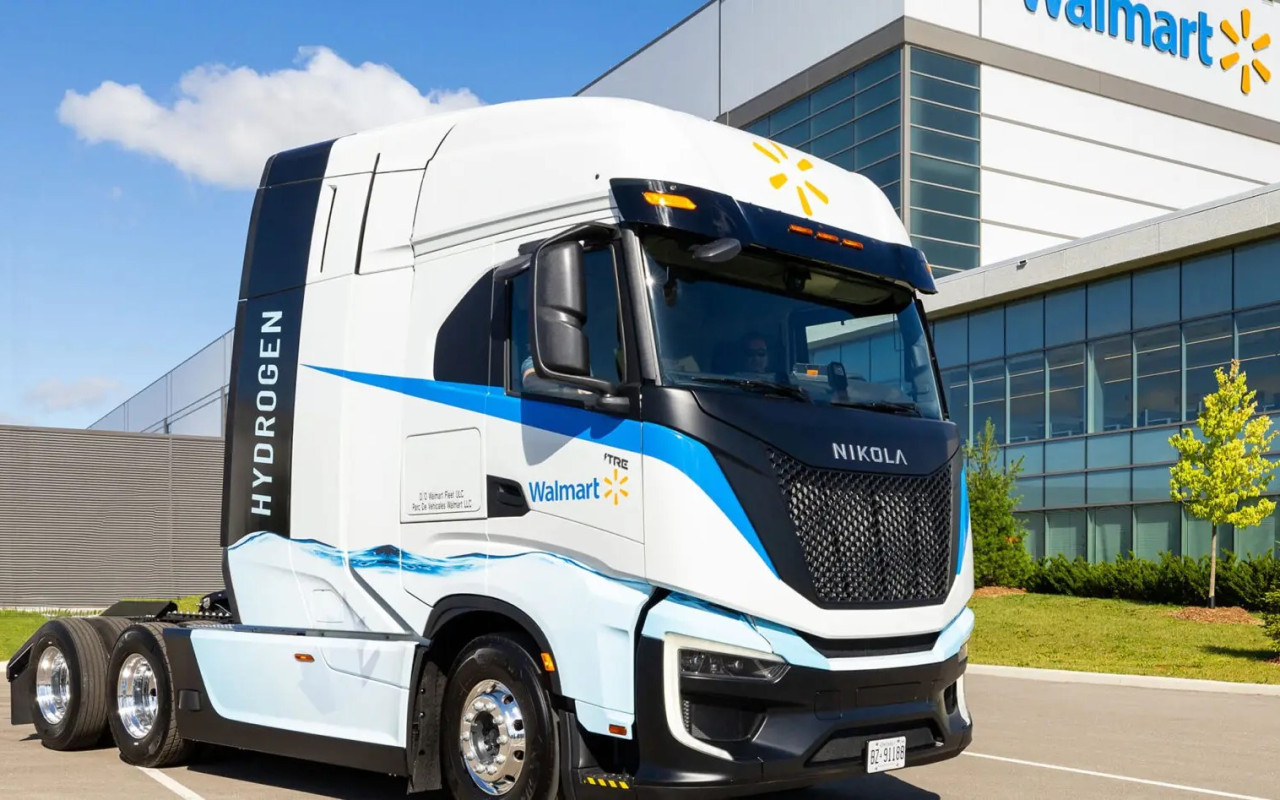EU's 'Green Deal Industrial Plan' likely to boost energy storage in Europe
The European Union (EU) has proposed a new comprehensive support package to boost renewable energy and clean technology innovation including battery manufacturing and energy storage in the continent. Modelled on the lines of US's Inflation Reduction Act that has emerged as a big challenge for the European industry, the plan covers four key pillars of regulatory environment, financing, skills and trade.
In her special address at the World Economic Forum in Davos last week, European Commission President Ursula von der Leyen revealed the 'Green Deal Industrial Plan' to make Europe the home of clean tech and industrial innovation on the road to net zero.
"It is no secret that certain elements of the design of the Inflation Reduction Act raised a number of concerns in terms of some of the targeted incentives for companies. This is why we have been working with the US to find solutions, for example so that EU companies and EU-made electric cars can also benefit from the IRA", she said.
"Our aim should be to avoid disruptions in transatlantic trade and investment. We should work towards ensuring that our respective incentive programmes are fair and mutually reinforcing. And we should set out how we can jointly benefit from this massive investment, for example by creating economies of scale across the Atlantic or setting common standards. At the heart of the joint vision is our conviction that competition and trade is the key to speeding up clean tech and climate neutrality".
She further added, "And that means that we Europeans also need to get better at nurturing our own clean-tech industry. We have a small window to invest in clean tech and innovation to gain leadership before the fossil fuel economy becomes obsolete. We have an industry challenged by a pandemic, supply chain issues and price shocks. We see aggressive attempts to attract our industrial capacities away to China or elsewhere. We have a compelling need to make this net-zero transition without creating new dependencies. And we know that future investment decisions will be taken depending on what we do today".
The first pillar on regulatory environment aims to scale up fast and to create conducive conditions for sectors crucial to reaching net zero. This includes wind, heat pumps, solar, clean hydrogen, storage and others.
"The new Net-Zero Industry Act will identify clear goals for European clean tech by 2030. The aim will be to focus investment on strategic projects along the entire supply chain. We will especially look at how to simplify and fast-track permitting for new clean-tech production sites", said the President of European Commission.
"For rare earths, which are vital for manufacturing key technologies like hydrogen storage or batteries, Europe is today 98 percent dependent on one country – China. Or take lithium. With just three countries accounting for more than 90 percent of the lithium production, the entire supply chain has become incredibly tight. This has pushed up prices and is threatening our competitiveness".
RELATED: EBA calls for action to prevent battery investment outflows from Europe to US
"So, we need to improve the refining, processing and recycling of raw materials here in Europe. And in parallel, we will work with our trade partners to cooperate on sourcing, production and processing to overcome the existing monopoly. To do this, we can build a critical raw materials club working with like-minded partners – from the US to Ukraine – to collectively strengthen supply chains and to diversify away from single suppliers", she added.





















